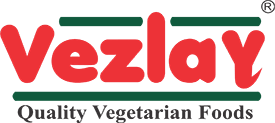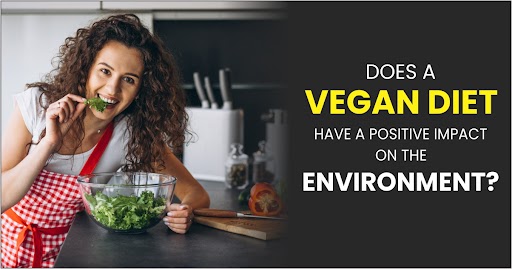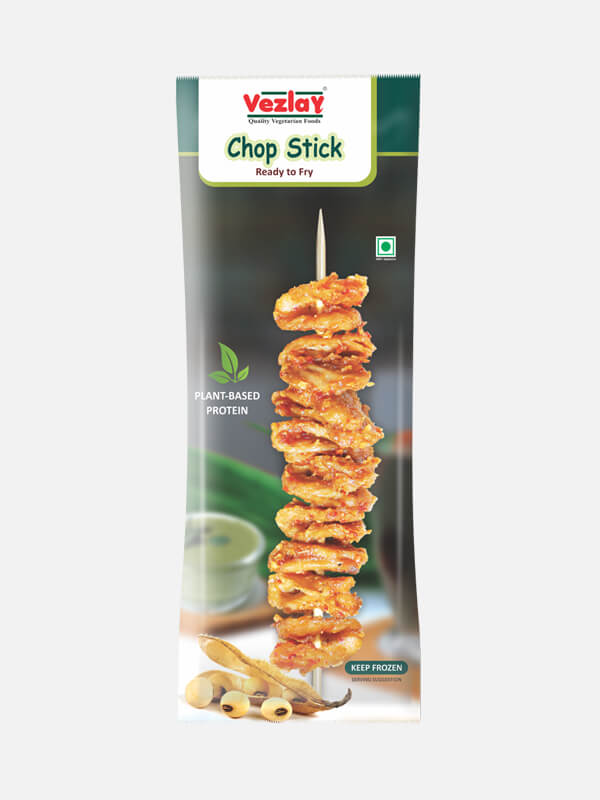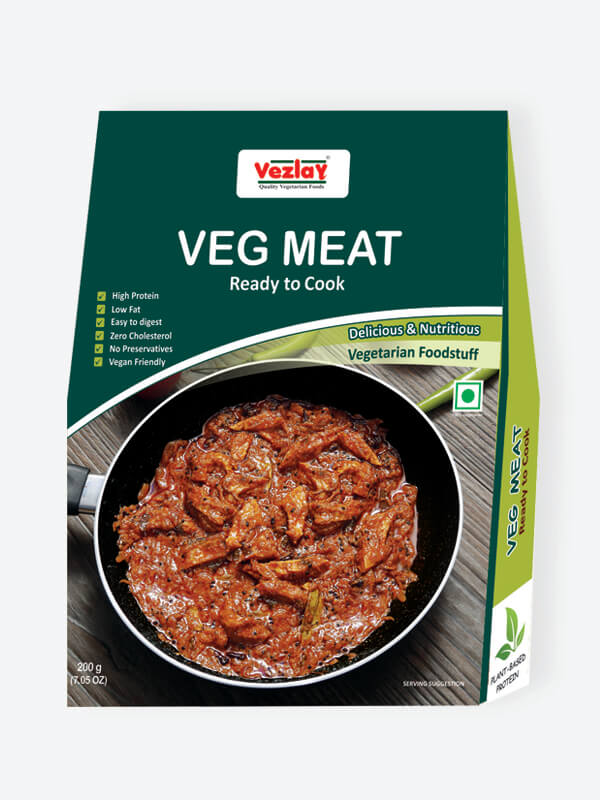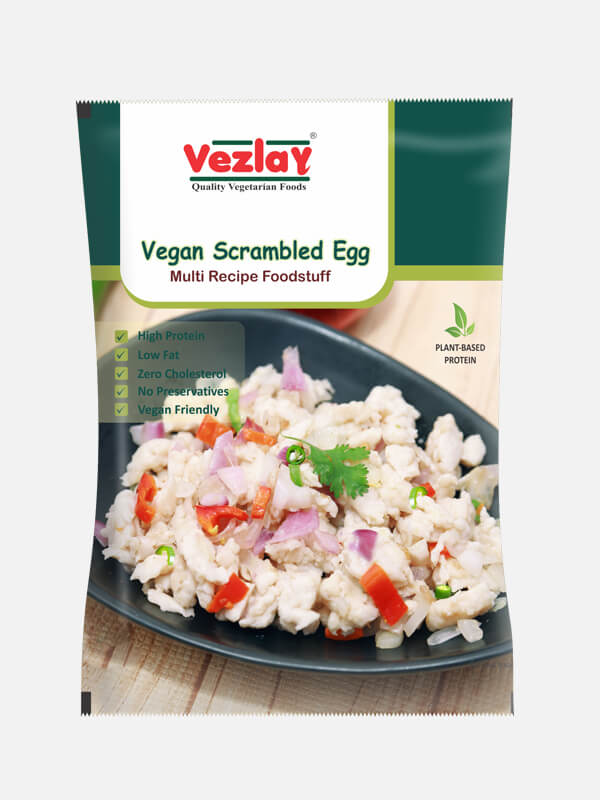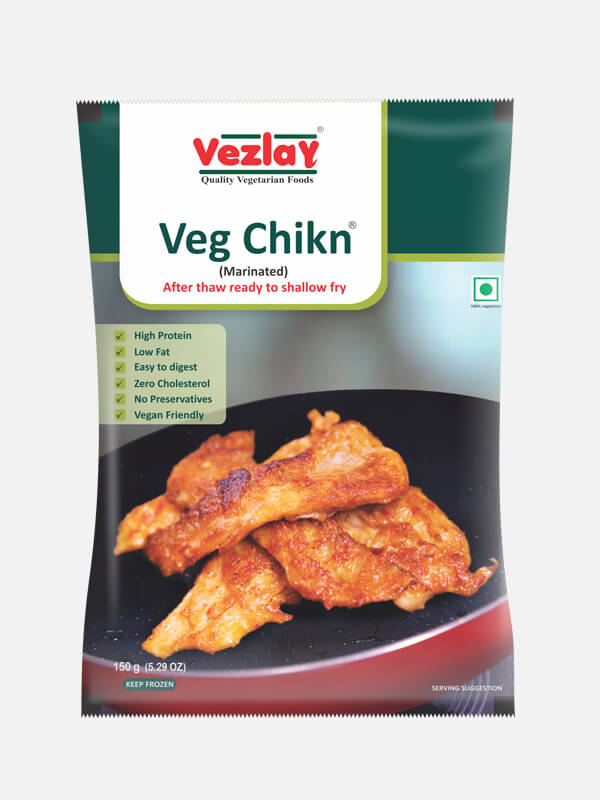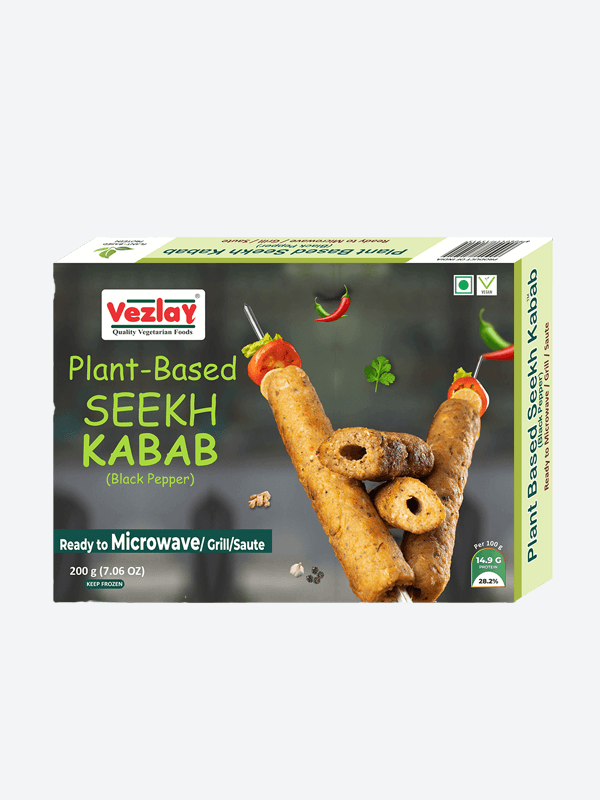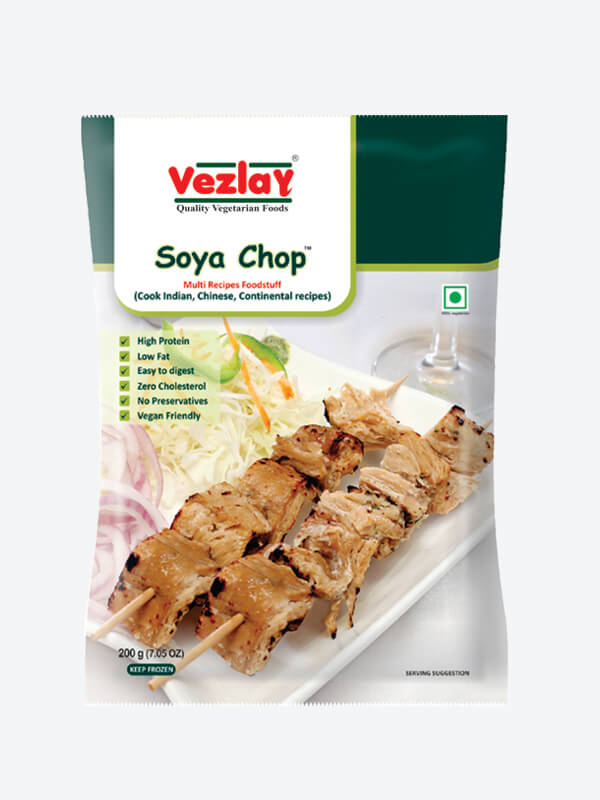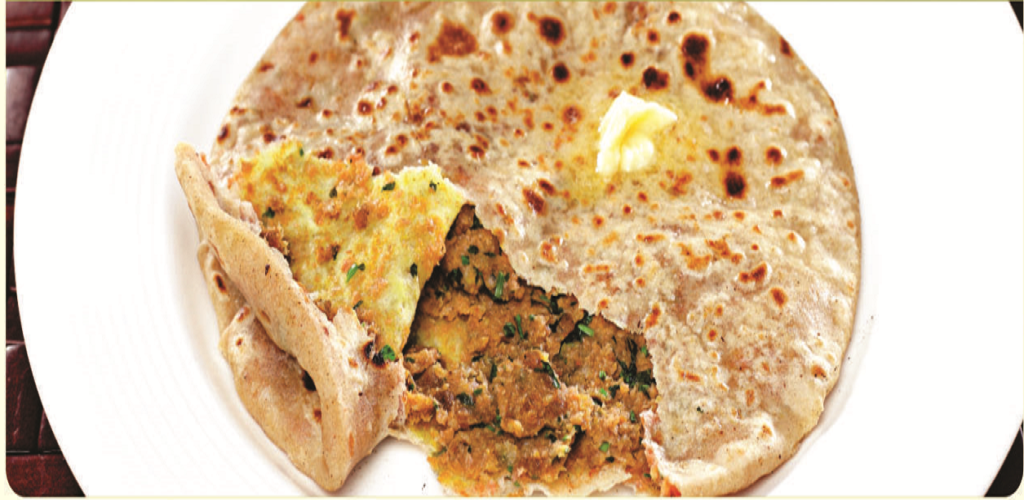When it comes to the question of the Vegan Diet and its impact on the environment, undoubtedly, a vegan diet is a more sustainable option for Humans as well as for the planet. And who better than Vezlay Food, a leading supplier of soy products in India, can explain how following a diet saves the plant? So, let’s dive into the details!
Table of Contents
ToggleWhat’s a Vegan Diet, Anyway?
Well, a vegan diet is a way of eating that involves exclusion of any animal products, which means boycotting meat, eggs, dairy and literally anything that comes from a thriving animal. So, what do vegans eat? Well, it’s basically fruits, greens, grains, cereals, legumes, buts and every other plant-based goodie! Vezlay food products are based on the same plant-based sources prioritising nutrion-rich and clean diet.
Why care about the environment in the first place?
Planet Earth is where we live and will live for the upcoming centuries. Hence, it is our home, and if we do call it home, why not take care of this giant blue planet just like our house? Mother Earth needs care and attention too, but we don’t often realise our smallest habits, even diet can harm the planet indirectly in many ways. That’s where a vegan diet plays its small part, making trying to minimise the harm in its own unique way!
Also Check :- Vegan Food
How a Vegan Diet Helps the Environment
Reduction of Greenhouse Gas Emissions:
Plant-based diets are directly linked to reduced carbon footprint! Reason? Raising animals indirectly needs a lot of resources which in turn produces a lot of greenhouse gas emissions. While on the other hand, plants can be grown with a much less margin of greenhouse gas emissions.
According to the Food and Agriculture Organization (FAO) of the United Nations, livestock agriculture is approximately release 14.5% of global greenhouse gas emissions. These emissions include raising cattle, sheep, poultry, and other livestock for meat and dairy production.
Water Preservation
Raising an animal requires way more water resources as compared to plants. According to estimates, the dairy industry is the biggest water polluter, producing 2.5 to 3 litres of wastewater for every litre of milk processed. In milk processing facilities, water is a vital resource that is utilized for a variety of tasks, including cleaning, washing, disinfecting, chilling, and heating.
Preserves Land:
Deforestation and Livestock: According to the World Wildlife Fund (WWF), a significant driver of deforestation is the clearing of forests to make way for livestock farming and feed crop production. In regions like the Amazon rainforest, large areas have been cleared for cattle ranching. This deforestation not only destroys valuable ecosystems but also contributes to greenhouse gas emissions.
Land Use Efficiency:
Plant-based agriculture generally uses land more efficiently than animal farming. As per the article published by the guardian in 2018 found that producing food from animals requires 83% of farmland but provides only 18% of calories and 37% of protein. In contrast, plant-based foods use 16% of farmland but provide 82% of calories and 61% of protein.
Habitat Destruction
The expansion of animal agriculture often leads to habitat destruction and fragmentation. This puts many species at risk, including those that are endangered or vulnerable. For example, the expansion of palm oil plantations, often used as animal feed, has been a major driver of orangutan habitat loss in Southeast Asia.
Reduces Pollution
Animal farming generates large amounts of manure and waste, which can contaminate water sources with pollutants like nitrogen and phosphorus. According to the U.S. Environmental Protection Agency (EPA), agricultural runoff is a leading cause of water pollution in the United States. A vegan diet, which relies less on animal agriculture, reduces the potential for water pollution from agricultural sources.
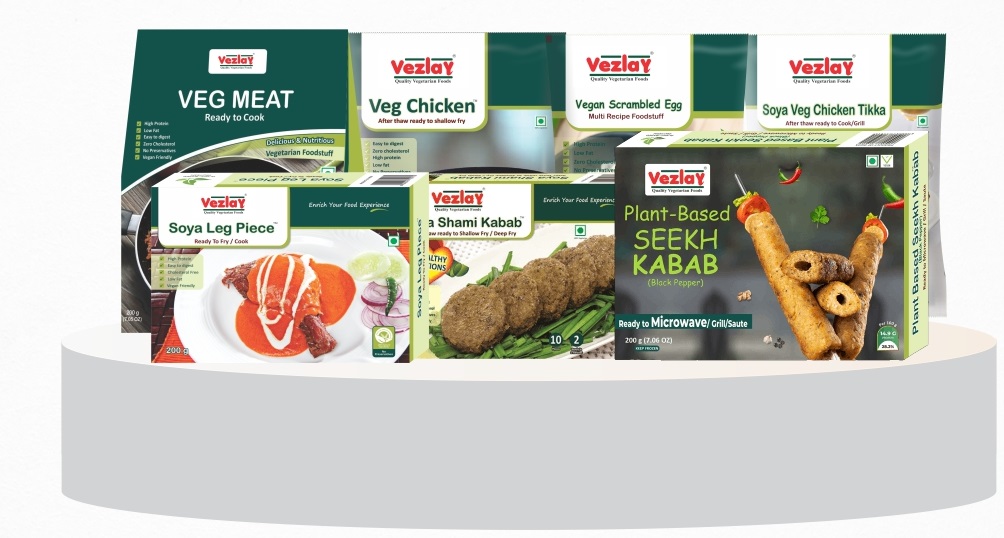
Why Vezlay Foods’ Soy Products Are Awesome
Now, let’s talk about why Vezlay Foods’ soy products are super cool for the environment and how our products helps the planet to be more greener!
Soy is Sustainable
Soybeans, the magic ingredient in Vezlay’s products, are super sustainable. They need less land and water compared to raising animals, which is great for our environment. Also you get the goodness of soy nutrition.
No Animal Harm
When you choose Vezlay’s soy products, you’re saying no to animal suffering. You’re helping protect our furry and feathered friends.
Tasty and Healthy
Vezlay Foods makes soy products that are not only good for the environment but also tasty and nutritious. It’s a win-win!
Final Thoughts
Let’s pen down by saying that a vegan diet does make an impact on environmental preservation. Here at Vezlay Foods, we are contributing our little effort to make the planet more sustainable with our soy-based vegan products.
Remember, you can find Vezlay’s tasty soy products in your local stores and make a positive change for our environment while enjoying some scrumptious meals. Let’s eat well and be kind to our planet – it’s the only one we’ve got!
Sources:
https://www.fao.org/news/story/en/item/197623/icode/#:~:text=Opportunities%20to%20reduce%20greenhouse%20gas,all%20species%2C%20in%20all%20regions.&text=Total%20emissions%20from%20global%20livestock,of%20all%20anthropogenic%20GHG%20emissions.
https://organicabiotech.com/dairy-industry-causes-water-pollution/#:~:text=The%20dairy%20industry%20is%20the,%2C%20disinfection%2C%20cooling%20and%20heating.
https://www.theguardian.com/environment/2018/may/31/avoiding-meat-and-dairy-is-single-biggest-way-to-reduce-your-impact-on-earth#:~:text=The%20new%20analysis%20shows%20that,are%20now%20livestock%20or%20humans.
https://www.epa.gov/nps/nonpoint-source-agriculture#:~:text=The%20National%20Water%20Quality%20Assessment,source%20of%20impairments%20to%20wetlands.

